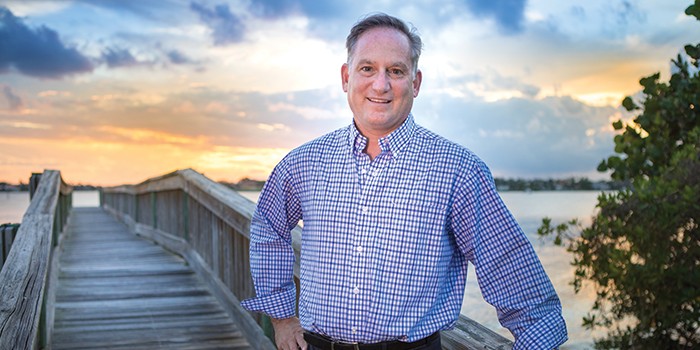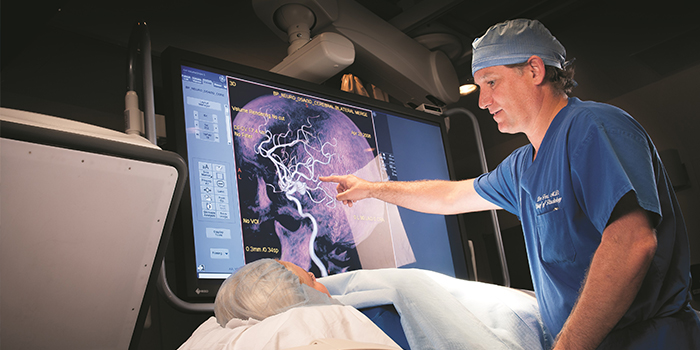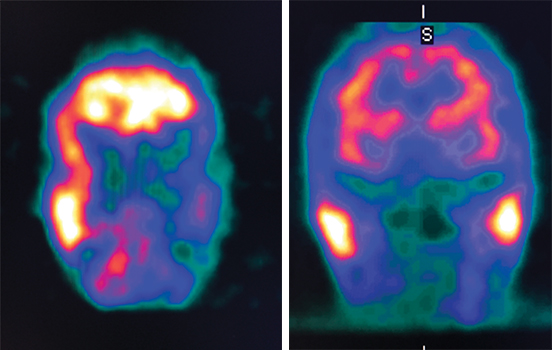Compass Harbourside
- (561) 301-8758
- email us
- Jupiter, Florida, United States


JUPITER, FL – December 27, 2017 – What’s really going on inside our physical bodies? It’s a question that sometimes can keep us up nights. There is one way to really know for sure: Radiology—medical imaging, that is, from X-rays to ultrasounds.
As of late, advancements in radiology have produced major breakthroughs in diagnosis and treatment, as well as the elimination of the risk for potential diseases. In Jupiter, there is one specialist that personifies the momentum behind said advancements, and his name is Dr. Lee A. Fox.

Dr. Fox’s work in radiology helps save lives and alter the quality of a patient’s life.
To say Dr. Fox’s resume is extensive would be an understatement. He is a board-certified radiologist whose experience in the field spans well over 20 years; his education includes prominent institutions such as Washington University School of Medicine and Harvard Medical School; and in 2015, he won the prestigious Sheridan Diamond Award that recognizes outstanding leadership, mentorship, altruism, and ethics in the field of medicine. As Chief of Radiology for Jupiter Medical Center, Dr. Fox heads up one of the most sophisticated Imaging departments in the country.
“If you look at the footprint of any hospital—whether it’d be the E.R., the O.R., the women’s center, the outpatient center—almost everywhere that you see a patient, imaging is involved,” explains Dr. Fox. “My team and I have worked hard to make sure the residents of Jupiter and Palm Beach County have everything they need from an imaging and interventional standpoint. They don’t have to get on a plane to receive world-class care. It’s available right here.”

These brain scans show a patient’s brain before and after Dr. Fox’s full hyperbaric oxygen treatment. The scans show vast improvement in terms of blood flow to the entire brain.
Among Dr. Fox’s ample list of specialties, interventional radiology is right at the top of the list. Interventional radiology is the application of image guidance and minimally invasive techniques to minimize risk to a person. Dr. Fox utilizes these techniques to perform biopsies, to alleviate pain caused by spider and varicose veins, to diagnose and treat cancer-related problems (oncology), peripheral vascular disease, and even fix fractures in the spine. This type of radiology can not only help save lives but also substantially alter the quality of a patient’s life.
But for Dr. Fox, an even bigger win is to help his patients eliminate the risk of disease long before it becomes an issue. To accomplish this, he uses state-of-the-art, low radiation scanning equipment and software to execute diagnostic x-ray procedures that can identify diseases at their earliest of stages.
“The best part of medicine is never having the patient get a disease,” notes Dr. Fox. “We want to nip these problems in the bud, and over the last couple of years, we have initiated many screening programs that I think have made a big difference in the community.”
These screening programs include using computed tomography (CT) to screen for heart and lung disease, and purveying ultrasounds to check for carotid and peripheral vascular disease, as well as to check for abdominal aortic aneurysms.

Dr. Fox and Joe Namath at a fundraising event for the Joe Namath Neurological Research Center.
In addition to his expertise in interventional and diagnostic radiology, Dr. Fox applies his skill-set to contribute to traumatic brain injury research. Since 2012, he has been the Sub-Investigator to the clinical trial of hyperbaric oxygen therapy for treatment of head trauma for the Joe Namath Neurological Institute at Jupiter Medical Center. Dr. Fox’s contribution consists of using single-photon emission computerized tomography (SPECT) 3-D scans of the brain that show what areas are more or less active. Through those results, Dr. Fox can monitor the brain’s response to the treatment.
“We are extremely encouraged by what we are seeing,” says Dr. Fox. “We have seen our treatment improve areas of the brain that were damaged, but evidently, not irreparably damaged. We are changing these patients’ lives with this project.”
Applying his expertise in radiology on a national and international level is equally as rewarding for Dr. Fox as giving back to the Jupiter community. His contributions to medicine take him right outside of the hospital to the Jupiter Medical Academy at Jupiter High School, where he frequently gives educational lectures. As a liaison of the Jupiter Medical Academy, Dr. Fox and his team offer students tours and summer internships at the hospital.
“There’s a significant responsibility to my patients and to the Jupiter community that always calls for the best of my ability,” concludes Dr. Fox. “It makes me proud to come to work every day knowing that I am making a difference.”